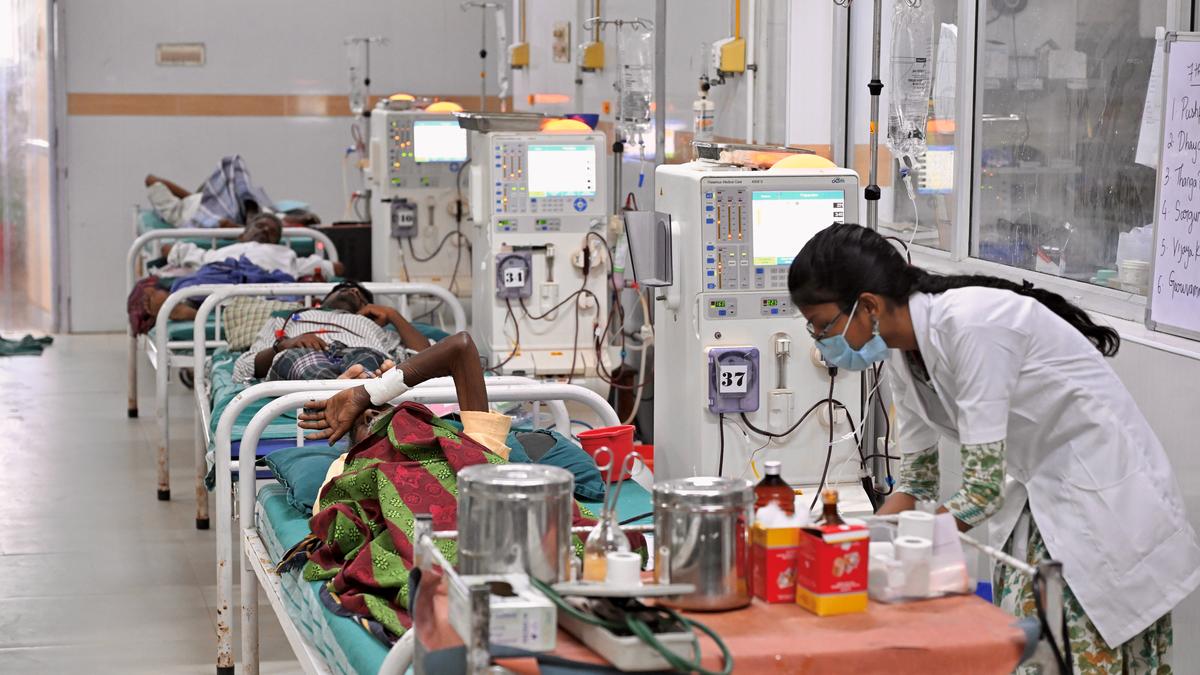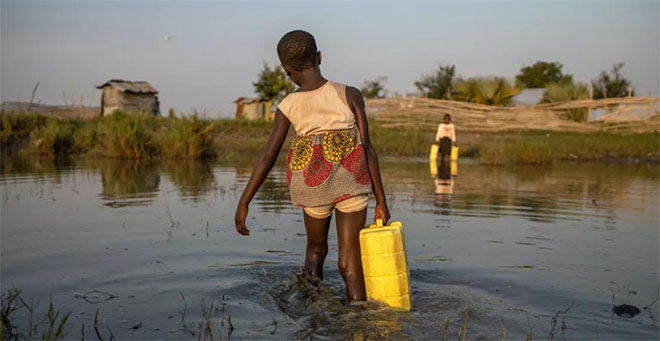By Serena Josephine M
Copyright thehindu

The Department of Nephrology, Government Stanley Medical College Hospital (SMCH), recently achieved a significant milestone, having completed over 1,000 renal transplants, including both living and deceased donor organ transplants. In addition to renal transplants, the department is also one of the crucial hubs for renal care in Chennai, providing dialysis to nearly 100 patients every day.
It was 29 years ago that the first renal transplant (living donor) was performed at SMCH. “That was in April 1986. The first deceased donor kidney transplant took place almost a decade later, in February 1996. When the first cadaveric liver transplant was performed here by senior surgical gastroenterologist R.P. Shanmugam, one kidney was allotted to a patient here, and the other to a patient at Rajiv Gandhi Government General Hospital,” M. Edwin Fernando, professor and head of department, Nephrology, SMCH, said.
To date, a total of 1,006 renal transplants have been performed — 837 from live related donors and 169 from deceased donors. There has been a growing inflow of patients to the department. In the previous year, the department saw nearly 30,000 outpatients and 25,000 inpatients.
Kidney care
A. Aravind, dean of SMCH, said the department provides all kidney-related care under a single roof. It has 30 dialysis machines that run throughout the day. According to data available, the department, on average, records 25,000 dialysis sessions in a year.
“The number of patients coming for dialysis has increased, partly due to a high number of referrals from nearby centres. The access to dialysis services has also greatly improved, particularly due to the availability of coverage under the Chief Minister’s Comprehensive Health Insurance Scheme,” Dr. Fernando said. Patients undergoing dialysis are given a protein-rich diet, which includes two boiled eggs, 100 grams of chickpeas, and 100 ml of milk — an initiative recently launched by the State government.
The department runs special OP clinics as well. This includes a vascular access clinic in coordination with the Department of Vascular Surgery, a systemic lupus erythematosus clinic, a post-transplant clinic, and a deceased donor registration programme, where patients on the waitlist are screened and counselled.
At least 200 persons are seen at the post-transplant OP every week. Here, doctors review the health status of patients, and blood samples are drawn for periodic tests before they collect their medications, all of which are done free of cost every Wednesday, he added.
Donor health
“As for living donor renal transplants, we closely follow up with the donors as well. This is part of our protocol. A donor is an important person, as they are healthy people who go on to donate one of their kidneys. We did a study and found that a majority are healthy. We tell them to come for tests during their birthday month. When we do the work-up for donors, we ensure that they are fully fit,” he explained.
Donors are also counselled prior to the transplant to assess their willingness, to allay their apprehensions, and to make sure that no one is coerced to donate, he added.
“Kidney ailments are on the rise. This is primarily due to diabetes, blood pressure, and obesity. Chronic Kidney Disease (CKD) of unknown origin is another growing challenge. Now, at least 40% to 50% of cases are due to CKD of unknown origin. Factors including exposure to heat and not drinking enough water are among the reasons,” Dr. Fernando said.
With outdoor workers at increased risk, they have asked the Labour Department to provide two hours of rest for all workers between 11 a.m. and 1 p.m., provide shelters, and proper drinking water and toilets for them. In some pockets, contaminated groundwater may also be a contributing factor.
“Kidney diseases are mostly silent. Persons with diabetes, hypertension, and family history of kidney disease should undergo periodic screening,” he said. Going ahead, he felt that the deceased donor programme should be more robust, considering the fact that nearly 7,000 persons are currently waitlisted for renal transplants with the Transplant Authority of Tamil Nadu.



